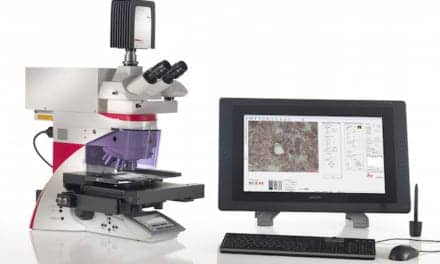The latest release of the Mastermind genomic search engine from Genomenon, Ann Arbor, Mich, includes enhanced searching for intronic and noncoding variants across the medical literature. Mastermind users now receive more-specific results when searching the comprehensive database of evidence for genomic diagnosis.
Intronic and noncoding variants are notoriously difficult for geneticists and variant scientists to find with search tools like Google or Google Scholar. Unlike missense variants, which sit in the coding region of a gene and can be described by their effect on the gene’s transcribed protein, intronic variants are much more difficult to search for because they have a less direct and well-understood biological effect.
With the latest release of the Mastermind genomic search engine, Genomenon increased the specificity of the intronic and noncoding variant search results by prioritizing nucleotide-specific descriptions. This approach provides the user with optimal specificity while maintaining maximal sensitivity. By searching at the nucleotide level for noncoding variants, users can now see the most-specific results in the top articles returned by Mastermind. Broader sensitivity is delivered with similar intronic variants in the same region further down the search results.
The system’s new feature is designed to make it easier for geneticists, variant scientists, and researchers to comprehensively search across the scientific literature for every mention of a patient’s variants.
For more information, visit Genomenon.




